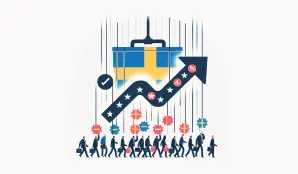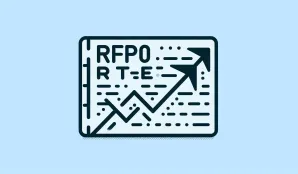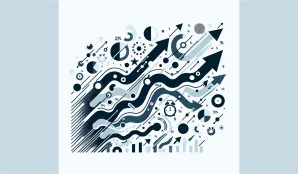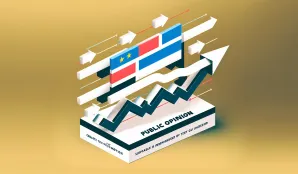- Articles
- General
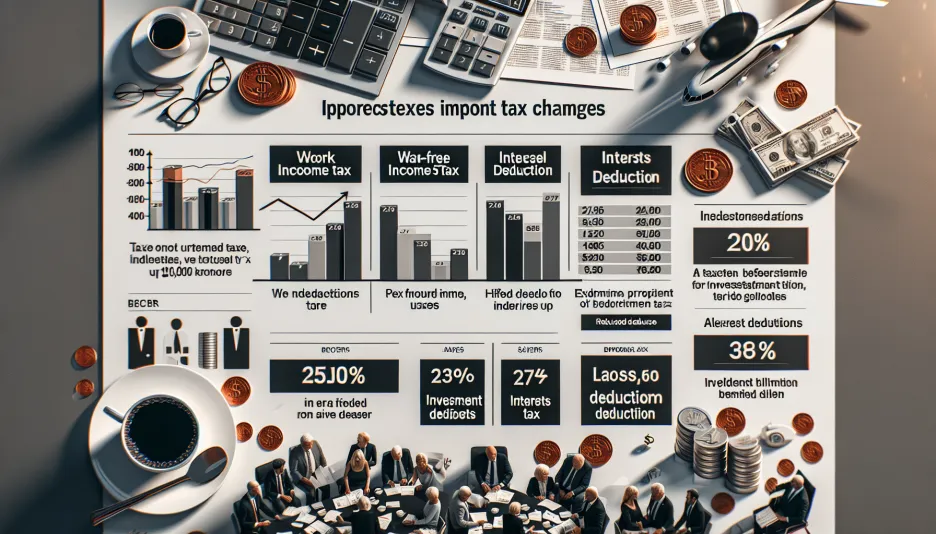
How Taxes Will Change in 2025 and Their Impact
The government's budget proposal for 2025 includes several tax changes that will affect both individuals and businesses. Here is an overview of the most important changes and how they may impact different professions and salary categories.
Reduced Tax on Labor Income
The government proposes to strengthen the job tax deduction, which means reduced tax for everyone earning over 16,000 SEK per month. The effect diminishes for incomes over 40,000 SEK per month.
Increased Basic Deduction for Pensioners
Pensioners will receive an increased basic deduction, resulting in lower taxes on pension income.
Changes in Interest Deduction
The right to deduct interest expenses will be phased out over two years. For the tax year 2025, deductions can be made for 50% of interest expenses on loans not secured by property, vehicles, or boats.
Tax-Free Level for Savings
A tax-free level is introduced for savings in investment savings accounts (ISK), capital insurance, and PEPP products. Savings up to 150,000 SEK will be tax-free from January 1, 2025, and the limit will be raised to 300,000 SEK from January 1, 2026.
Lower Threshold for Expert Tax
The threshold for those subject to expert tax is lowered from a monthly salary of 114,600 SEK for 2024 to 88,200 SEK for 2025.
Reduced Tax on Gasoline and Diesel
The energy and carbon dioxide tax on gasoline and diesel will be reduced from January 1, 2025. A reduction of 1 SEK per liter is proposed for gasoline, and 1.30 SEK per liter for diesel.
Impact on Different Professions and Salary Categories
- Low- and Medium-Income Earners: The strengthening of the job tax deduction means that those earning over 16,000 SEK per month will have reduced tax, increasing disposable income.
- High-Income Earners: High-income earners also benefit from the strengthened job tax deduction, but the effect diminishes for incomes over 40,000 SEK per month.
- Pensioners: The increased basic deduction results in lower taxes on pension income, increasing disposable income for pensioners.
- Borrowers with Consumer Loans: The phased-out deduction for interest on unsecured loans means that borrowers with consumer loans have reduced opportunities to deduct interest costs, which may lead to higher net interest expenses.
- Savers: The introduction of a tax-free level for savings up to 150,000 SEK in ISK, capital insurance, and PEPP products benefits small savers by making the returns on this savings tax-free.
- Foreign Experts and Key Personnel: The lowered threshold for expert tax means that more foreign experts and key personnel may qualify for tax benefits, facilitating the recruitment of qualified workforce.
- Car Owners and Commuters: The reduction in tax on gasoline and diesel means lower fuel costs, benefiting car owners and commuters.
The tax changes for 2025 present both opportunities and challenges depending on where one stands in life and the economy. By staying informed about these changes, one can gain a better understanding of how they affect their daily life.
Sweden's national debt
-

Opinion Landscape: Novus February 2026 – Social Democrats Still Largest
Thu, 19 Feb 2026 - 01:35 -

Policy rate remains at 1.75% – Riksbank signals stability
Thu, 29 Jan 2026 - 14:02

